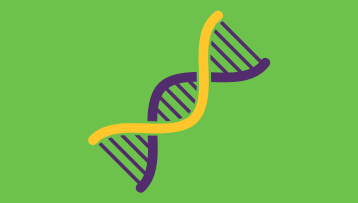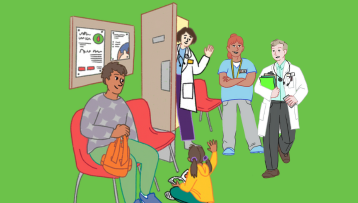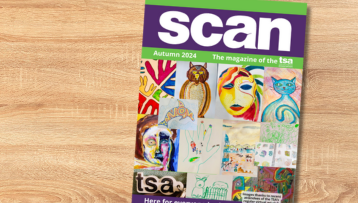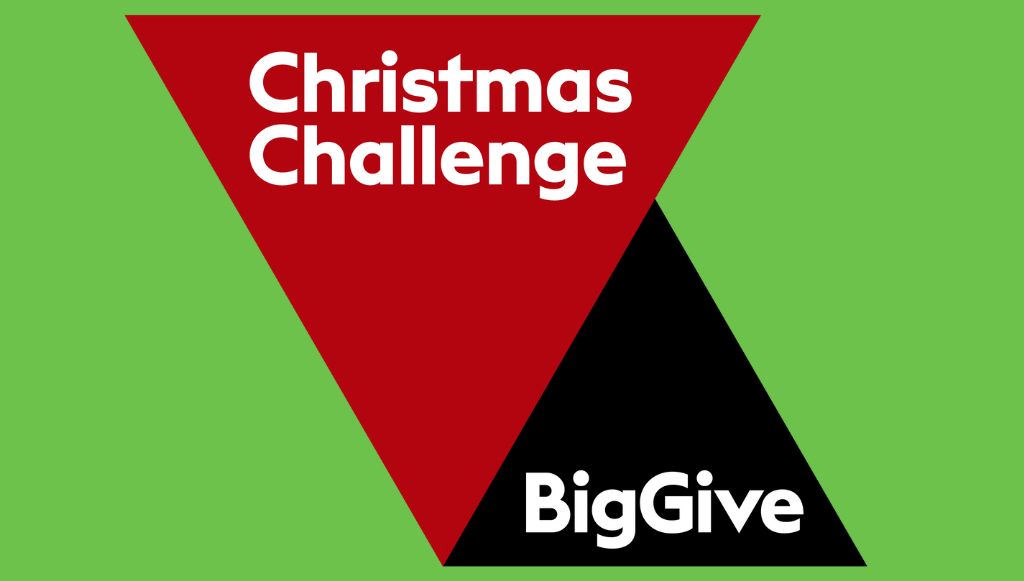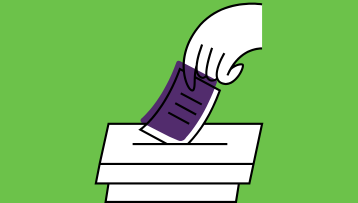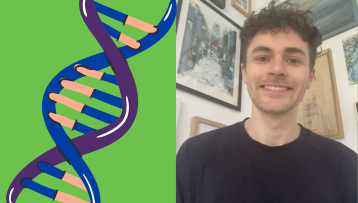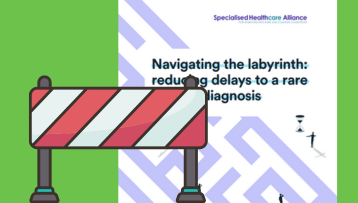The National Institute of Health and Social Care Excellence (NICE) has approved funding of fenfluramine (brand name Fintepla, developed by UCB Pharma) on NHS England to treat seizures associated with Lennox-Gastaut Syndrome (LGS), a rare epilepsy that some people with TSC also have.
This approval comes just days after the Scottish Medicines Consortium also said ‘Yes’ to funding Fintepla on NHS Scotland. This is a landmark week for people with TSC and LGS, with an important new treatment option now funded by the NHS across England and Scotland.
Over the past eighteen months, the small team at the TSA worked incredibly hard to convince NICE of just how important access to fenfluramine is for people with LGS and TSC. We were the only patient organisation to formally work with NICE during the consultation, and would like to thank the TSC community and epilepsy charities (UK Rare Epilepsies Together, SUDEP Action, Young Epilepsy and Epilepsy Society) for their unwavering support in getting us to this positive outcome.
Dr Pooja Takhar, Joint Chief Executive of the Tuberous Sclerosis Association, said: “We are delighted with NICE’s decision to support this medication for LGS, an extremely difficult epilepsy to treat. When TSC and LGS are diagnosed together, treatment can be very challenging. Patients and their families will try up to 20 different anti-epileptic medications before running out of options. We are happy to have another vital therapy option and appreciate NICE’s decision to approve this new medication.”
Nadeem Aurangzeb, Head of Rare & Epilepsy, UCB UK & Ireland said: “Today’s news means that eligible patients can now access a new treatment option for this chronic and life-limiting condition, which impacts not only the patients with the condition but the families and caregivers who love and care for them. UCB is delighted that eligible patients right across the UK & Ireland now have access to this treatment.”
Fenfluramine can now be used as an add-on therapy to other anti-epileptic medicines for patients 2 years of age and older. The guidance recommends that the frequency of drop seizures should be checked every 6 months, and fenfluramine is stopped if the frequency has not fallen by at least 30% compared with the 6 months before starting treatment. A brief loss of muscle power known as a “drop seizure” might cause someone to fall to the ground, which can lead to injuries like broken bones.
To find out if fenfluramine is right for you or someone with TSC-LGS that you care for, please speak with your GP or TSC clinician. For any other questions about fenfluramine or anything else about TSC, the TSA Support Line is here for you.












